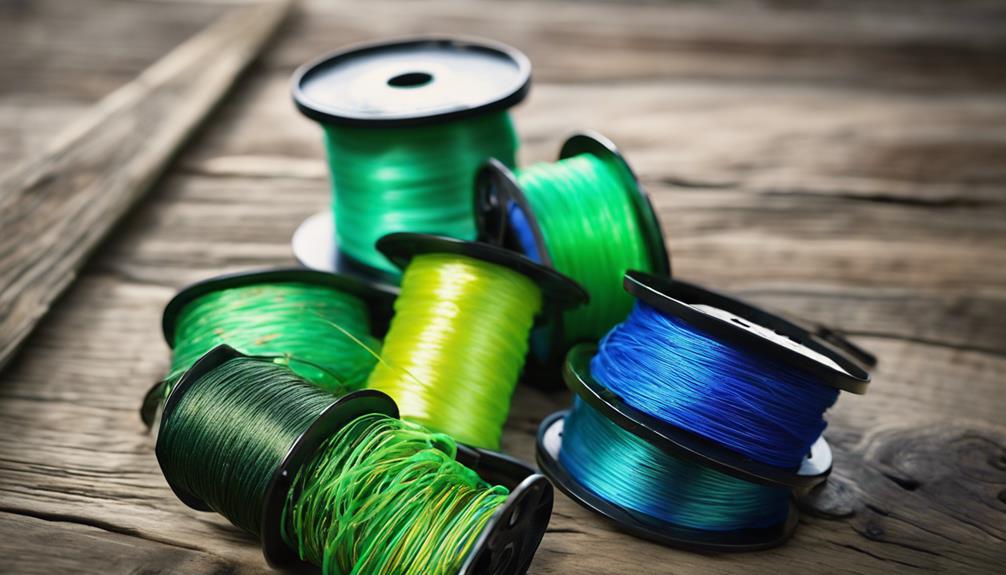Fishing enthusiasts often find themselves planning trips around the fishing season, eagerly anticipating the thrill of catching their favorite species. However, it’s equally essential to understand the regulations that govern fishing, particularly when it comes to the closing of fishing seasons. In this article, we’ll explore when fishing season closes, the reasons behind these closures, and tips for ensuring a successful fishing experience throughout the year.
Understanding Fishing Seasons
Fishing seasons are established by local and state authorities to maintain fish populations, protect spawning periods, and ensure sustainable fishing practices. The timing of fishing season closures can vary significantly based on the geographical location, the species of fish being targeted, and environmental conditions. Understanding the intricacies of these regulations is crucial for all anglers.
In many regions, fishing seasons are divided into open and closed periods. The open season allows anglers to fish freely, while the closed season is designated for protecting fish during their breeding cycles. For example, many freshwater species, such as bass and trout, have specific times of the year when fishing is prohibited to allow for spawning. Thus, knowing when fishing season closes is essential for responsible anglers.
Regional Variations in Fishing Season Closures
When considering when fishing season closes, it’s important to note that regulations can differ significantly from one region to another. In the United States, for instance, each state has its own fishing regulations, including specific dates for when fishing season opens and closes. States like Florida may have year-round fishing opportunities for certain species, while northern states like Michigan might have more defined seasons due to colder climates.
Anglers should always check their local wildlife agency’s regulations. These agencies provide up-to-date information on fishing season dates, species restrictions, and any changes in regulations. Understanding these regional variations ensures compliance and promotes sustainable fishing practices.
Factors Influencing Fishing Season Closures
Several factors influence when fishing season closes, making it essential for anglers to stay informed. One of the primary considerations is the reproductive cycle of fish species. Many fish spawn during specific times of the year, and closures are often aligned with these periods. For instance, many freshwater species spawn in the spring or early summer, leading to temporary closures to protect their populations.
Environmental factors, such as water temperature and habitat health, also play a significant role in determining fishing season dates. Warmer temperatures can lead to earlier spawning, while cooler temperatures may delay it. Additionally, changes in water quality and habitat availability can affect fish populations and, consequently, fishing regulations.
The Importance of Sustainable Fishing Practices
Understanding when fishing season closes is not just about adhering to regulations; it’s also about contributing to sustainable fishing practices. Overfishing can lead to the depletion of fish populations, disrupting ecosystems and diminishing future fishing opportunities. By respecting fishing season closures, anglers help ensure the long-term health of fish populations and the habitats they depend on.
Anglers can also contribute to sustainability by practicing catch and release, adhering to size and bag limits, and being mindful of their impact on the environment. These practices not only support fish populations but also enhance the overall fishing experience for future generations.
How to Stay Informed About Fishing Regulations
To ensure compliance with fishing regulations and to know when fishing season closes, anglers need to stay informed. The best way to do this is by regularly checking the local wildlife agency’s website or subscribing to their newsletters. Many agencies provide valuable resources, including fishing guides, seasonal calendars, and updates on any changes to regulations.
Social media and local fishing forums can also be excellent sources of information. Engaging with fellow anglers can provide insights into the latest regulations, fishing conditions, and successful techniques. Additionally, consider joining local fishing clubs or organizations that promote responsible fishing practices and advocacy for sustainable regulations.
Planning Your Fishing Trips Around Seasons
Knowing when fishing season closes is vital for planning successful fishing trips. Anglers should take into account the specific species they wish to target and their respective seasons. For example, if you’re interested in fishing for trout, you might want to schedule your trip for late spring or early summer when fishing is typically allowed and the fish are active.
Moreover, consider the weather and environmental conditions during your planned fishing dates. Researching local fishing reports can provide insights into fish activity levels and improve your chances of success. Being proactive and planning around fishing seasons can lead to more enjoyable and fruitful fishing experiences.
The Role of Technology in Fishing Regulations
Technology plays a significant role in helping anglers understand when fishing season closes and stay updated on regulations. Various apps and websites offer real-time information about fishing conditions, seasonal changes, and regulatory updates. These tools can also provide maps of fishing hotspots and tips for catching specific species.
Additionally, some states have implemented digital licensing systems that allow anglers to purchase fishing licenses and check regulations online. This convenience ensures that anglers have the most current information at their fingertips, enhancing their overall fishing experience.
Conclusion: Be Responsible and Enjoy Your Fishing Experience
In conclusion, understanding when fishing season closes is crucial for all anglers. By respecting fishing regulations, we can contribute to sustainable fishing practices that protect fish populations and their habitats. Staying informed about regional variations, seasonal factors, and utilizing technology can enhance your fishing experience and ensure compliance with the law.
Planning your fishing trips around the fishing season and being aware of the environmental factors at play will not only improve your success rate but also support the health of our aquatic ecosystems. So, the next time you plan a fishing trip, make sure to check when fishing season closes and embrace the opportunity to fish responsibly. Happy angling!
